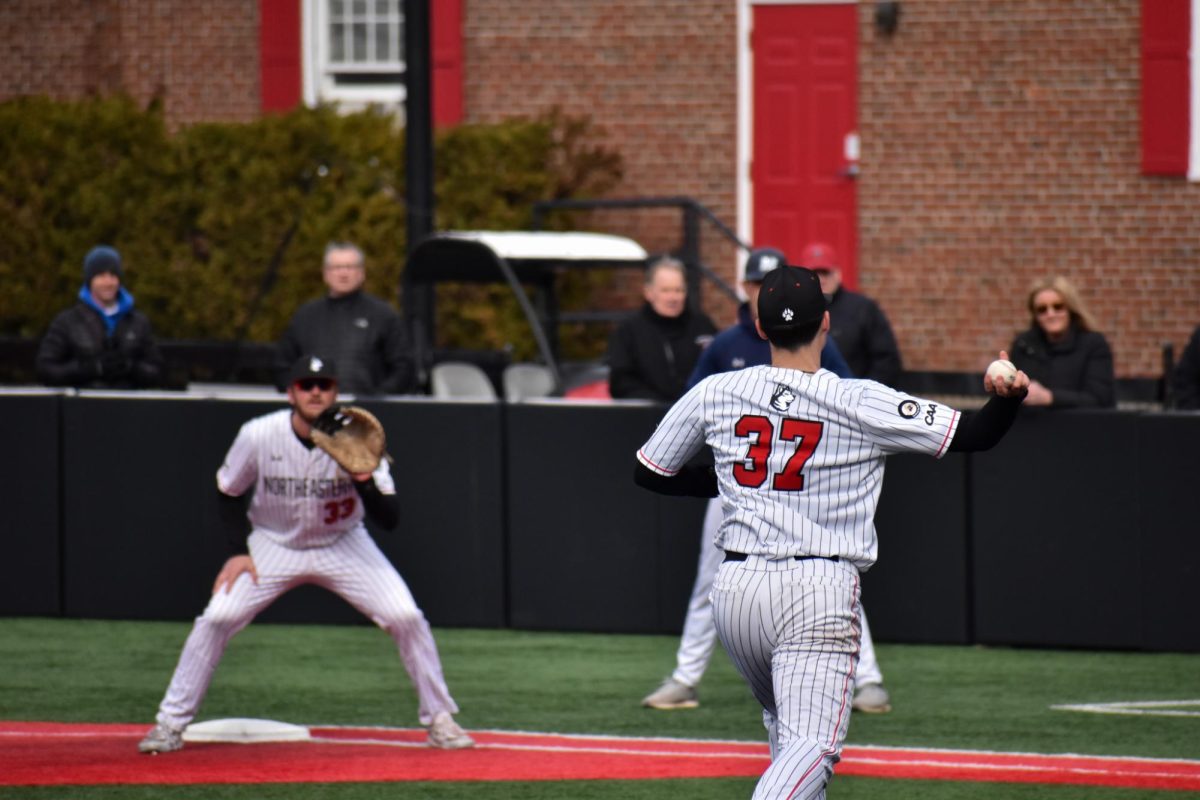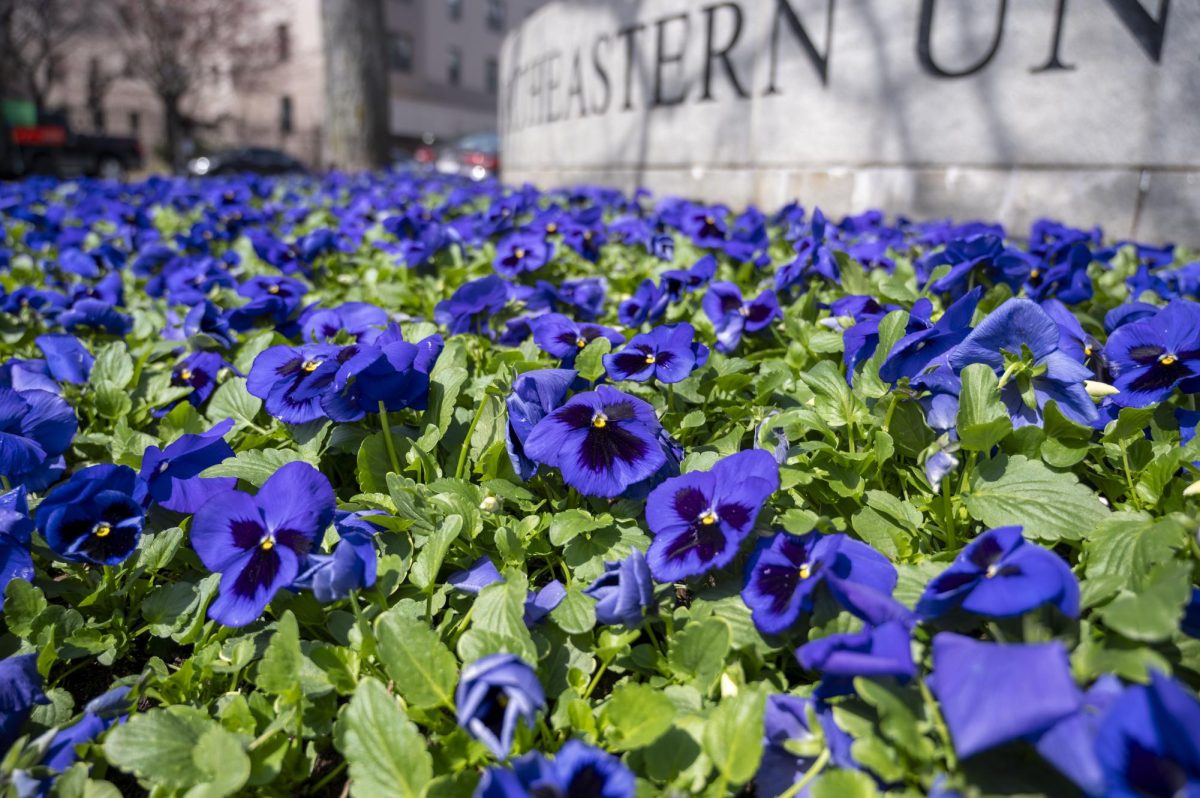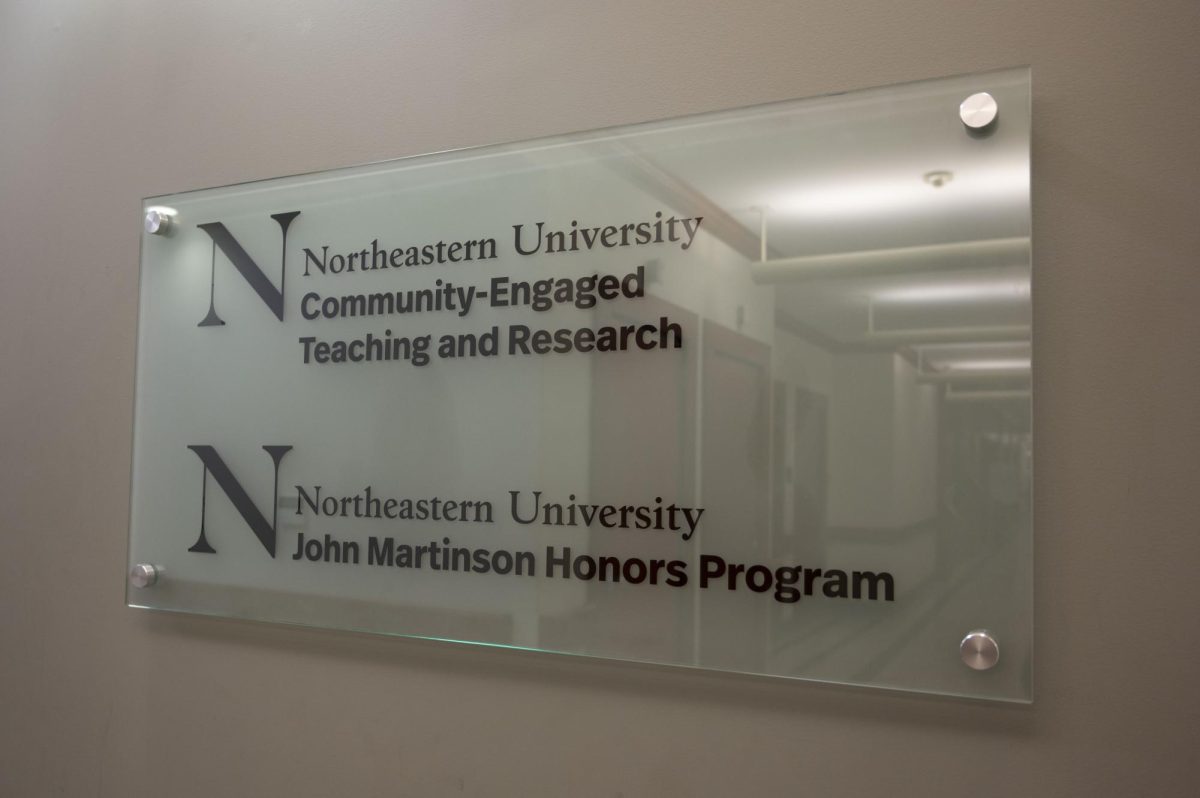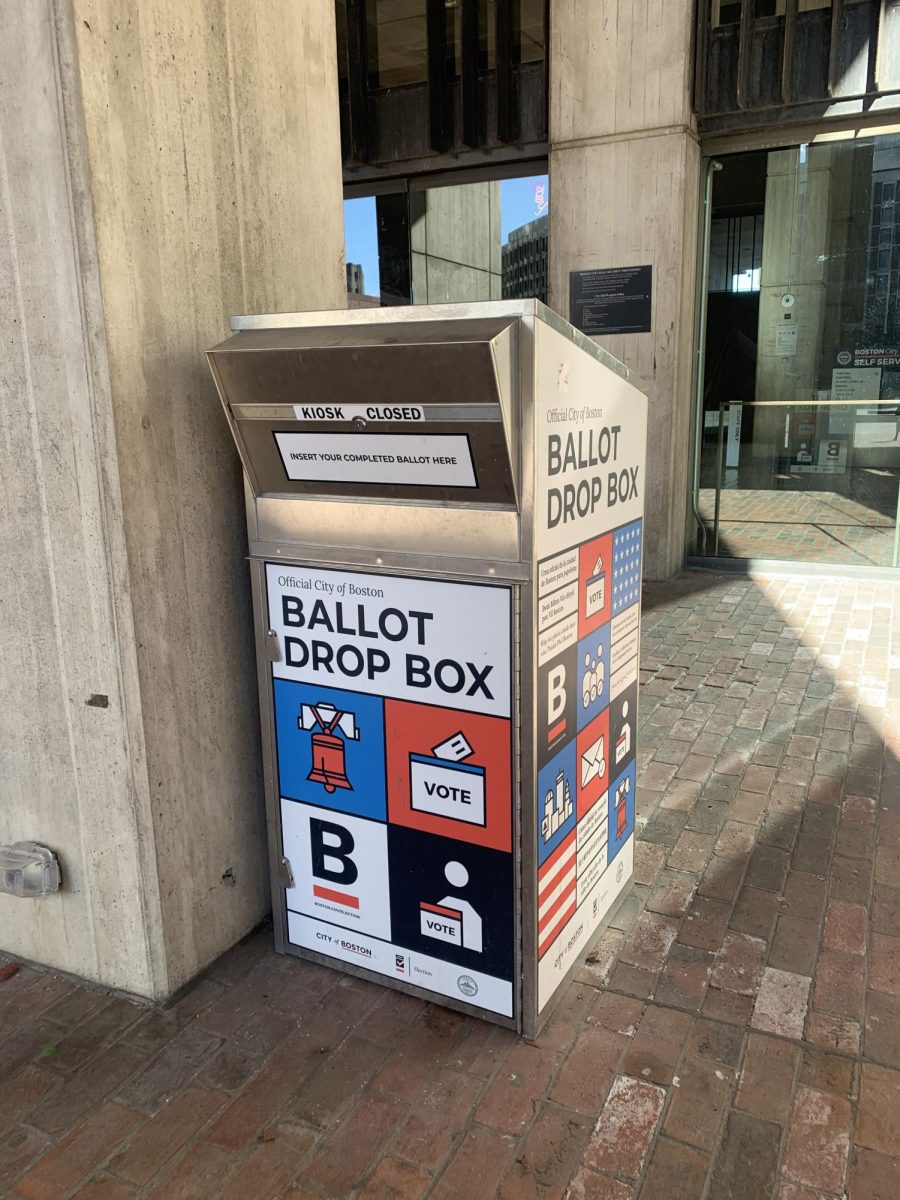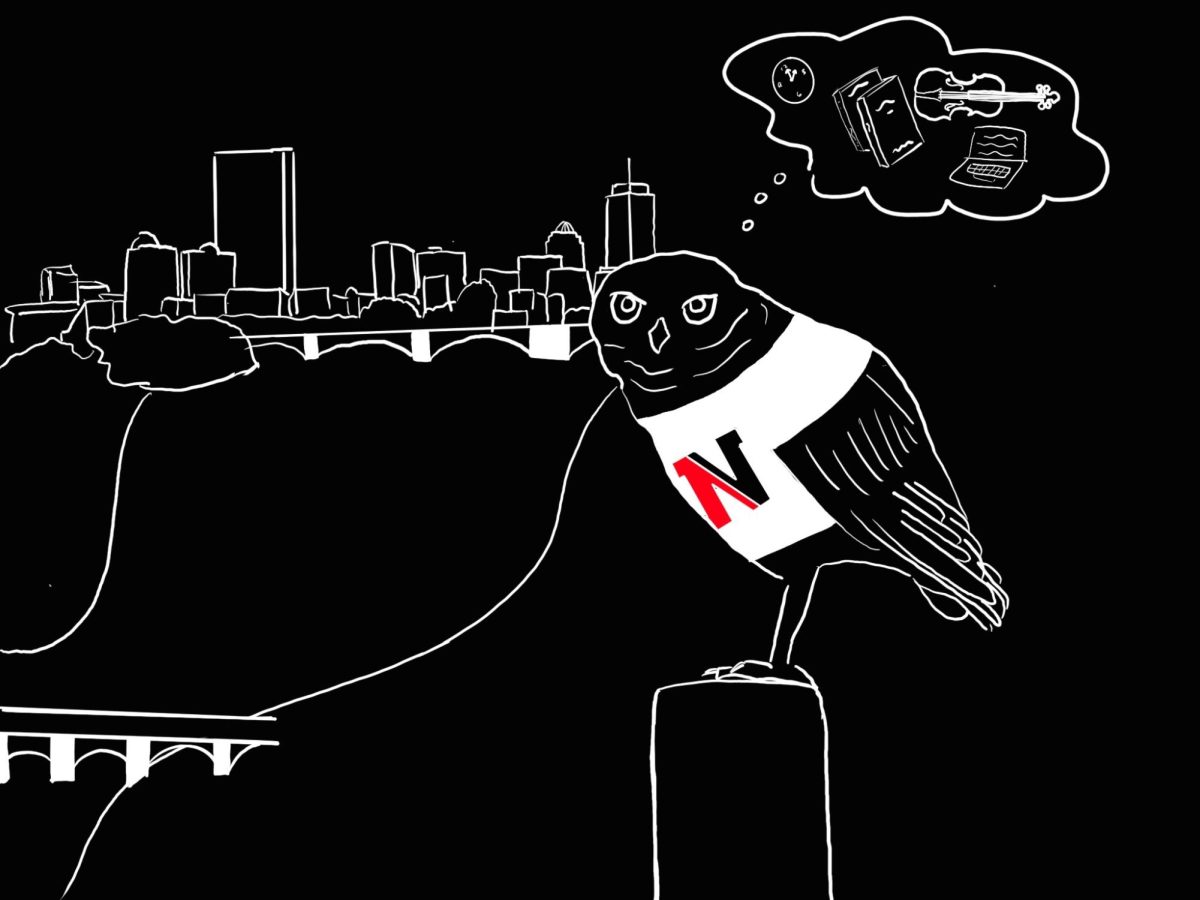Today, everyone is Irish. It is a day to celebrate all things Irish, or things believed to be “Irish.”
St. Patrick’s Day has always been one of my favorite holidays. I am only half Irish, but my mom’s side of the family with the green blood is extremely proud to display their full, 100 percent Emerald Isle genes.
When I was growing up, my family never missed the annual St. Patrick’s Day Parade in Worcester. Rain or shine, my extended family gathered every year at my cousin’s car dealership on the parade route to grill hot dogs and hamburgers, drink Guinness and Magners Irish Cider and listen to traditional Irish music before the parade commenced. We always displayed our Irish pride dressed in wool Aran sweaters, tweed flat caps, Celtic jewelry and green Mardi Gras beads. I’m not embarrassed to admit that I was one of those kids who painted huge shamrocks on her cheeks, wore green and white ribbons in her hair and frantically ran to the sides of floats for those treasured Sweet Tarts, Tootsie Rolls and Dum Dum Lollipops. When the parade ended, we often gathered for a meal of corned beef and cabbage at a relatives’ house or a local restaurant. Nothing says Irish-American like a nontraditional Irish meal popularized by New Englanders.
But, needless to say, St. Patrick’s Day has taken on a new meaning during my college years, especially in Boston. The custom came to America in 1737 when people first publicly celebrated the holiday in the United States – right here in Boston. As a 22-year-old college student, the day brings the image to mind of the shirtless guy with green body paint smeared with spilled beer dripping down his stomach, eyes glazed and staring from behind cheap sunglasses at the parade in Southie. He probably doesn’t have a drop of green blood in him or know what “Erin Go Bragh” means. But he’s celebrating everything he considers “Irish.”
Each year, people across the globe devote a day – sometimes several – to parades and events that honor St. Patrick, Ireland and it’s history. The celebration originated as a Catholic holiday, most commonly recognizing St. Patrick. In the 17th century, it became an official feast day, and is now more of a secular celebration of Irish culture.
Today we celebrate the Irish presence in the United States. I think it’s important, especially this year after the plethora of international news since January, to appreciate a group of people who persevered in trying times. For those of us who are Irish-Americans, we should remember our ancestors who overcame the diaspora, Irish Potato Famine, “Help Wanted – No Irish Need Apply” signs and feelings of exile in this country.
We can reflect on the consistency of the Irish people in order to be hopeful for everyone in the Arab world fighting against authoritarian governments and corruption: For anti-government opponents in Libya who are presently standing up against Col. Muammar el-Qaddafi, and for people in Japan who are now struggling for hope and reconstruction almost one week after a powerful earthquake devastated the country.
Similar to the Irish people in America, protesters in Tunisia and Egypt overcame hardships and turmoil. They have removed the authoritarian leaders who neglected to provide them with the rights they deserve. Hopefully someday Egyptians can celebrate the momentous day that marked the start of their (possibly) democratic government.
Even though he was not a born Irish, St. Patrick is known as the patron saint of Ireland. If you don’t consider yourself having the luck of the Irish today, at least wear green or eat a bowl of Lucky Charms to remember and support a group of people who once overcame adversity in America.
– Michele Richinick can be reached at [email protected].





